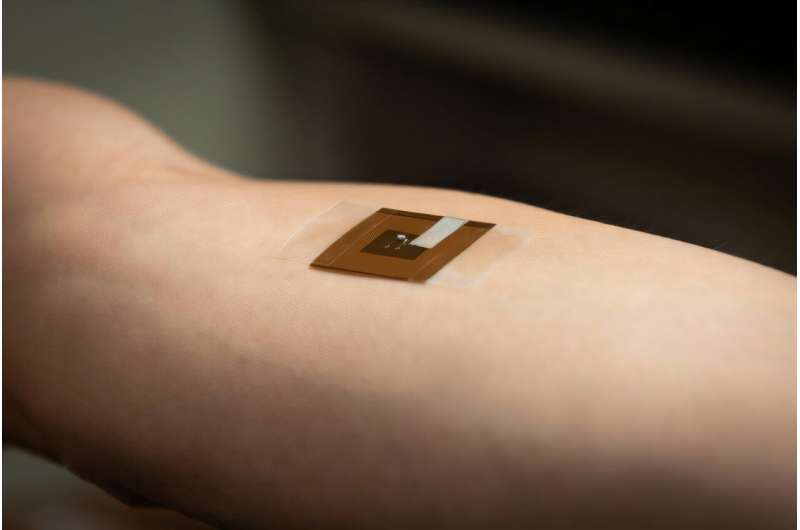Skin cancer, especially melanoma, is one of the most dangerous forms of cancer. Early detection is critical for successful treatment, but current methods often rely on visual inspection, which can be subjective and may miss early warning signs. More advanced diagnostic tools such as biopsies and imaging are typically only available in specialized clinics.
Mohammad J. Moghimi, Ph.D., assistant professor of biomedical engineering at Wake Forest University School of Medicine, led the development of a new patch that measures the electrical properties (bioimpedance) of skin lesions in a simple, noninvasive way.
Bioimpedance indicates how easily electrical signals pass through living tissue. Cancerous areas often have different electrical properties than healthy skin. By measuring bioimpedance, the patch can help identify abnormal areas that may require further medical evaluation.

